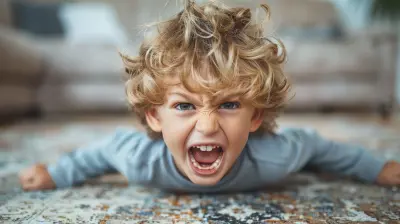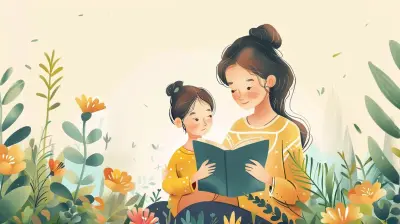Social Media and Its Impact on Emotional Development in Kids
9 July 2025
Let’s face it—social media is everywhere. Our phones practically buzz non-stop, and it’s become a normal part of daily life. But when it comes to our kids, the digital world opens up a whole new layer of parenting challenges. You’ve probably asked yourself at some point, “Is this stuff helping or hurting my child emotionally?” You’re not alone.
In this post, we’re diving deep into the impact social media has on kids’ emotional development. We'll talk about the good, the bad, and everything in between. So grab a cup of coffee, and let's unpack this together.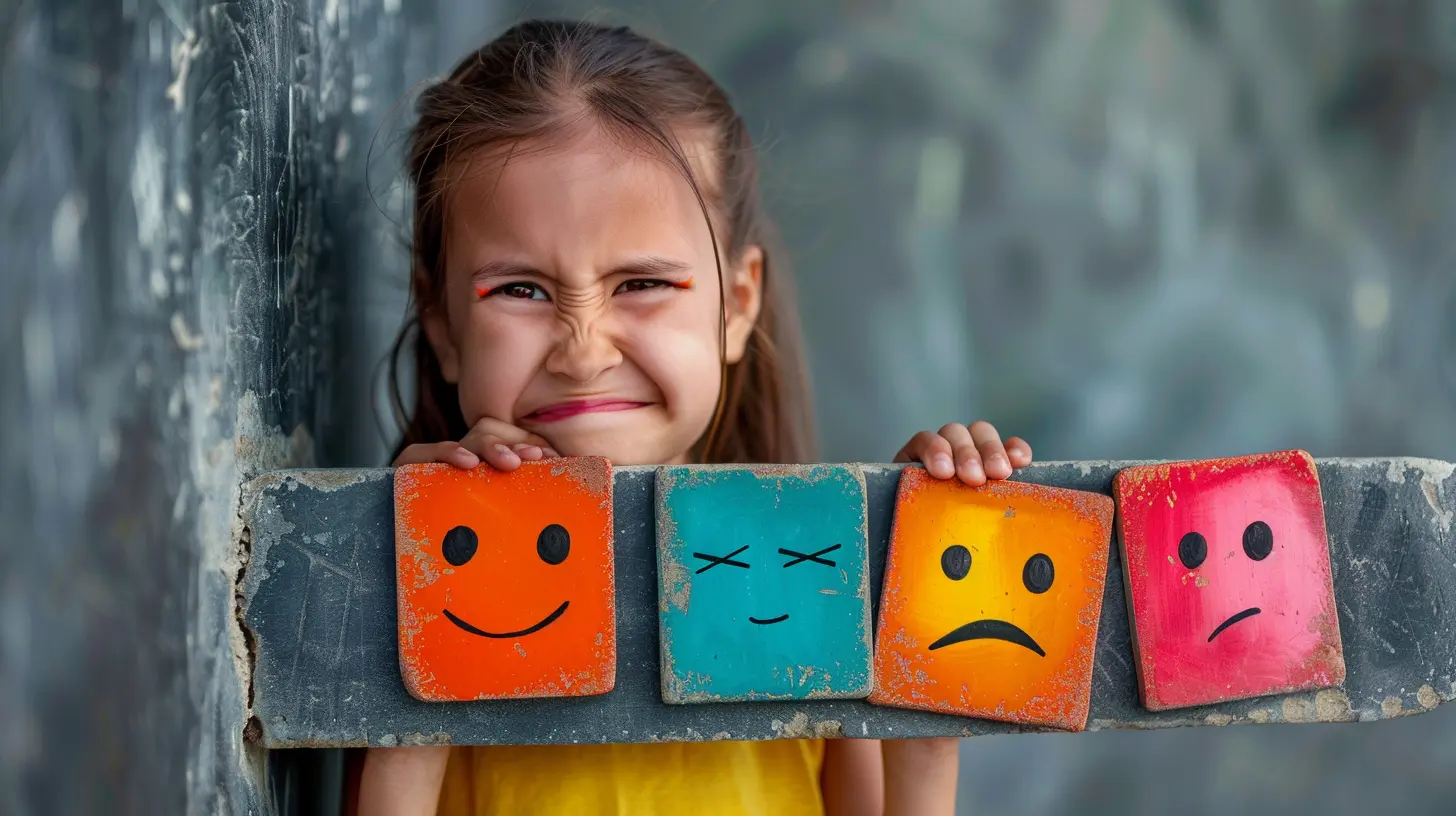
Why Kids Are Drawn to Social Media Like Bees to Honey
Before we can fully understand the impact, it's helpful to step into their shoes for a minute. Social media isn't just about scrolling through endless videos or sharing memes—it’s a way for kids to feel connected, seen, and even validated. At a time in their life when they’re growing and trying to figure out where they fit in, that virtual thumbs-up or heart can feel like a warm hug.Think about it: would you go to a party if nobody noticed you were there? Probably not. The same goes for social platforms. When kids get likes, comments, or followers, it’s like receiving a gold star in school—it feeds their need for affirmation.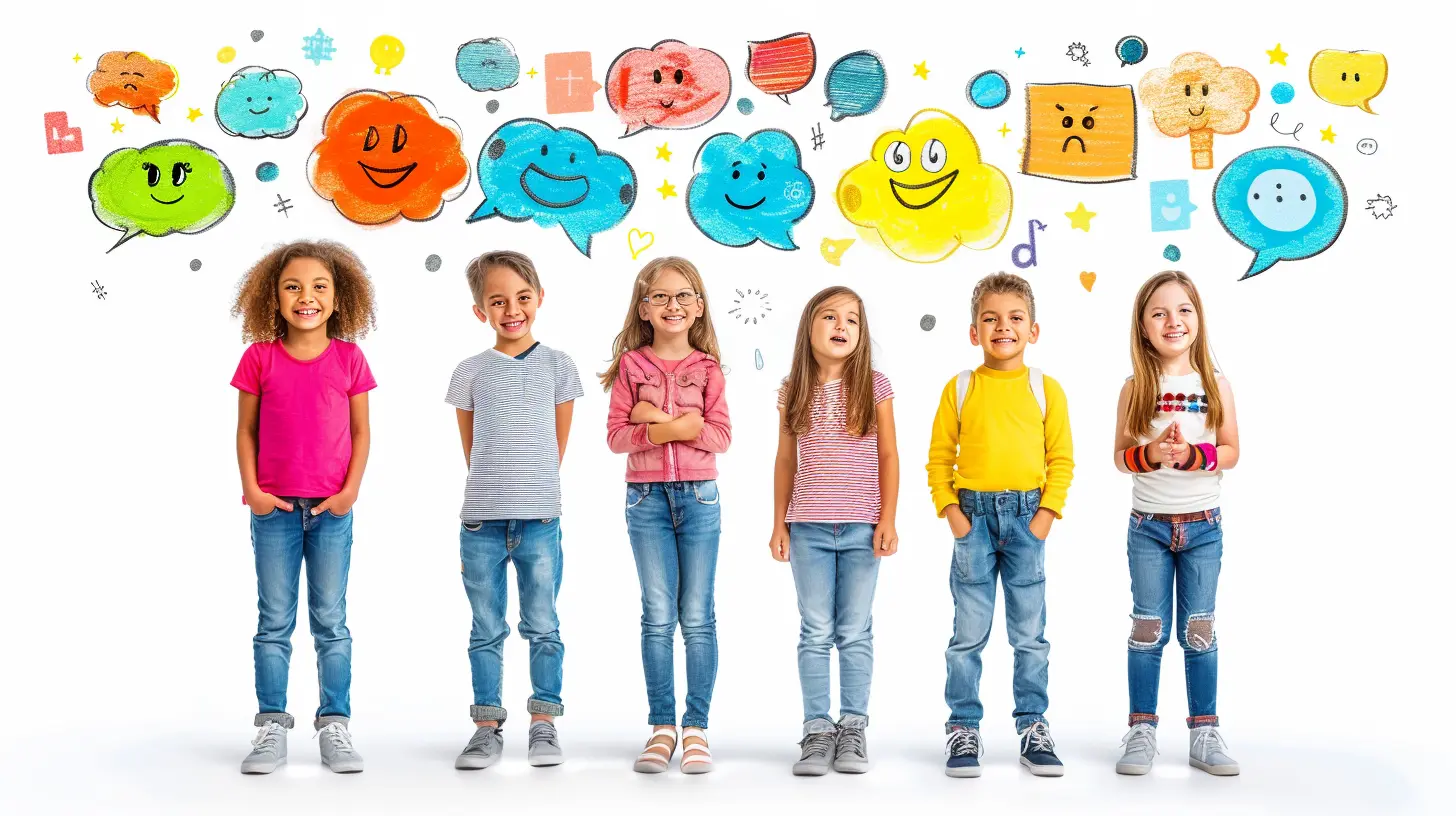
The Emotional Rollercoaster: How Social Media Affects Kids Internally
So here’s the real question: what’s all that digital interaction doing to their emotional growth?1. 💔 Self-Esteem and Comparison: The Silent Killer
You know that pit-in-the-stomach feeling when you see someone else’s perfect vacation photos and start questioning your own life? Yeah, kids feel that too—but often more intensely.Social media creates a highlight reel. And guess what? Kids compare their blooper-filled behind-the-scenes to everyone else’s best moments. This comparison game can chip away at their self-esteem like water eroding a rock. Over time, they may start to feel like they’re not good enough, cool enough, or pretty enough—all based on what they see online.
Not to mention, filtered photos and unrealistic beauty standards can make them feel even worse. It's like trying to win a race that’s been rigged from the start.
2. 😣 Anxiety and Fear of Missing Out (FOMO)
FOMO is real, folks. When kids see their friends hanging out without them or having fun without an invite, it hits hard. Suddenly, they feel isolated, left out, and not part of the “in” crowd.This constant online exposure actually fuels anxiety. They might feel pressure to be online 24/7 just to keep up. That’s exhausting. And when they’re anxious, guess what happens? Their emotional regulation takes a hit. Cue the mood swings and meltdowns.
3. 😤 Cyberbullying: The Modern Playground Fight
Back in our day, if a kid was mean, at least it happened face-to-face and was over by the end of recess. Today, it follows kids home—right into their bedrooms via phone screens.Cyberbullying can be devastating. Harsh comments, exclusion from group chats, toxic gossip—it’s all part of the digital battlefield. And unlike a playground scuffle, there's no teacher hovering nearby to break it up.
The emotional scars it leaves can last way beyond adolescence. We’re talking depression, trust issues, and massive blows to confidence.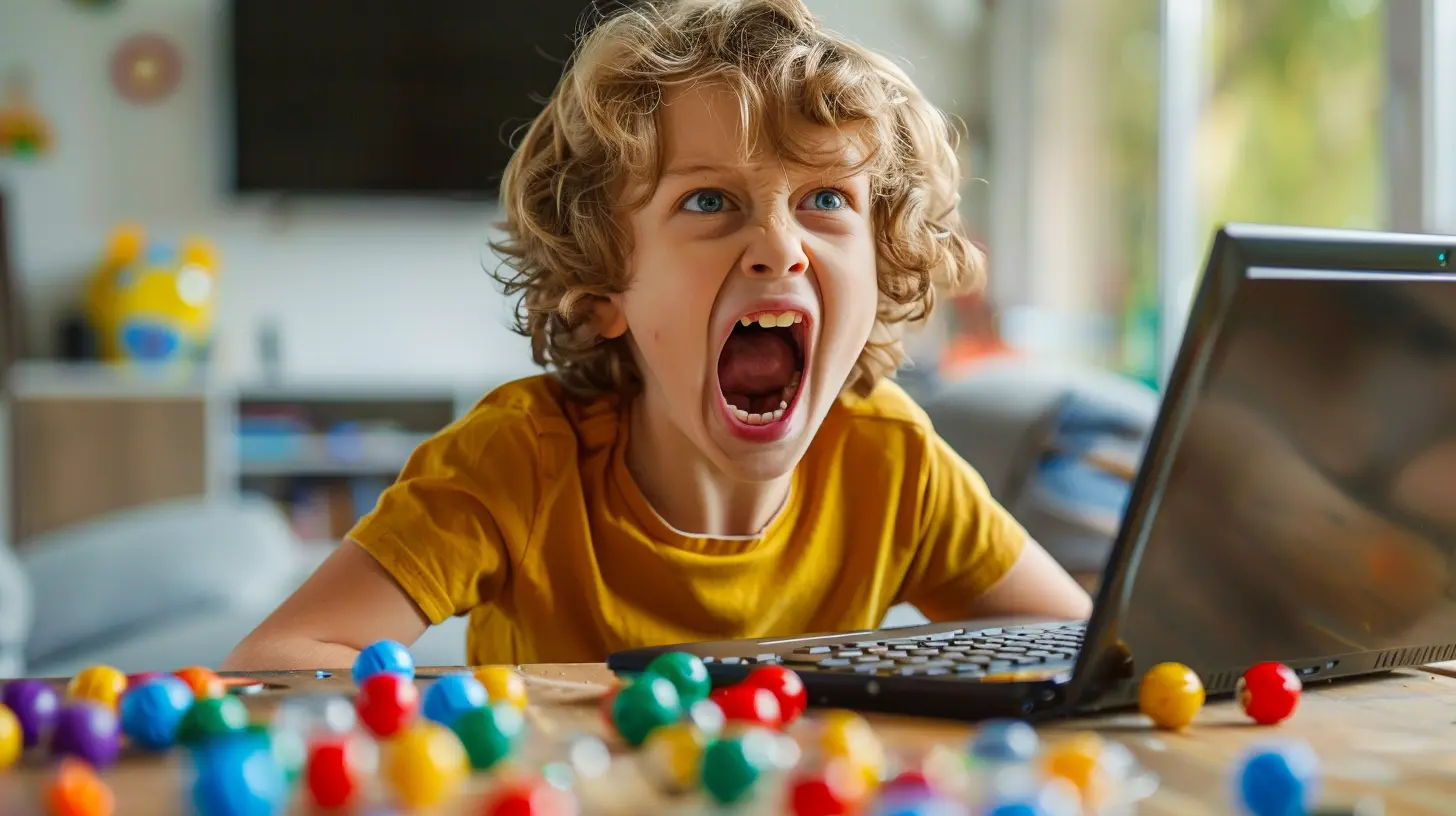
Is Social Media All Bad? Not Really
Let’s not throw the baby out with the bathwater. While there are definite emotional risks, social media isn’t all doom and gloom.1. 💬 Building Social Skills and Community
For some kids—especially those who are introverted, shy, or neurodivergent—social media can actually be a lifeline. It gives them time to think before responding, helps them express themselves, and connects them with like-minded peers.Whether it’s a group about video game strategies or a forum for young artists, it helps foster belonging and builds social skills in a more comfortable space.
2. 📣 Self-Expression and Creativity
Remember when we were kids and kept journals, drew on sketchpads, or wrote angsty poetry? For today’s generation, social media is the new canvas.Many kids use platforms like Instagram, TikTok, or Pinterest to share their art, dance moves, or personal stories. This type of self-expression can be incredibly empowering and positive—if done in a supportive environment.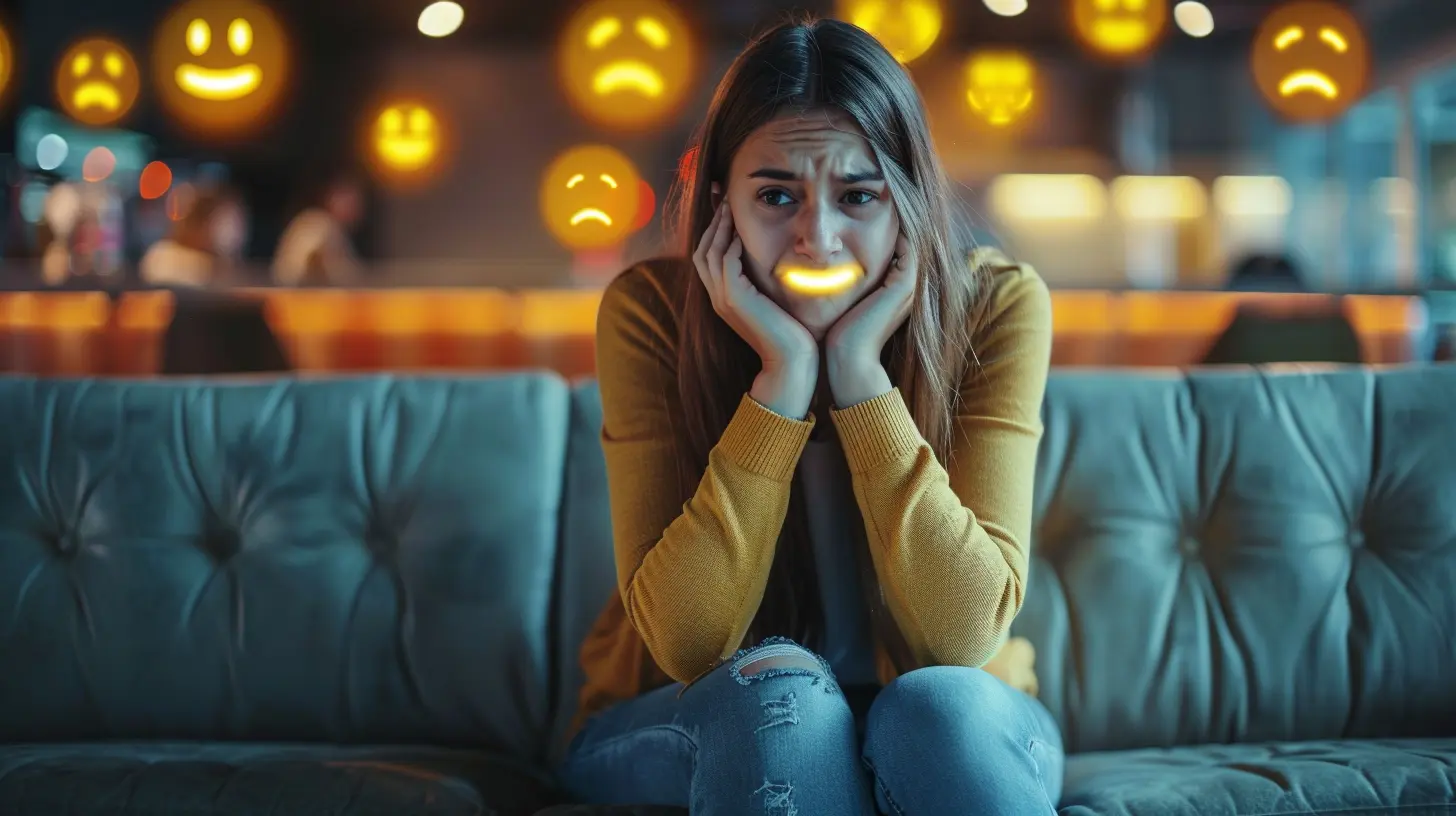
The Parent-Kid Disconnect: Bridging the Understanding Gap
Let’s be real—there’s a generation gap, and it shows. Many parents didn’t grow up with social media, so it can be hard to truly understand what our kids are going through online. But that doesn’t mean we’re helpless.Start with Conversations, Not Confrontations
Keep it casual. Ask open-ended questions like:- “What do you like most about [insert app]?”
- “Has anything ever made you feel weird or uncomfortable online?”
- “Do you ever feel like social media stresses you out?”
By opening the door to honest conversation, you’re showing them it’s safe to talk to you—without fear of punishment or lectures.
Watch, Learn, and Walk Alongside
Try exploring the apps your kids use. Even if it feels silly or awkward, it helps build a shared experience. When you understand how platforms work, it becomes easier to guide your kids through them.Setting Healthy Boundaries Without Being the “Mean” Parent
Nobody wants to be the screen-time police. But you also don’t want your kid glued to a phone 10 hours a day, right? Here’s how you can find balance without becoming the bad guy.1. Create Tech-Free Zones
Establish times and places where screens take a break—like during meals, family game night, or an hour before bedtime. Make it a family rule, not just a kid rule. Lead by example and watch how your kids follow.2. Encourage Real-World Activities
Enroll them in a sport, music class, or art group. Schedule weekend outings. Give them opportunities to connect and grow offline.The more fulfilled they feel in the real world, the less they’ll need validation from the digital one.
3. Use Parental Controls Wisely
Yes, monitor their activity—but don’t go all “Big Brother” on them. Let them know it’s about safety, not control. When you involve them in setting limits, they’re more likely to respect the rules.Emotional Intelligence: The Real Armor Kids Need Online
One of the best gifts we can give our children is emotional intelligence (EQ). It’s their shield, their compass, and their superpower online.Teach Them to Name Their Emotions
Help them recognize when they’re feeling sad, anxious, or jealous. When they can name it, they can tame it.Teach Them Empathy
Ask your kids how they think others feel when they see mean comments or get left out. Empathy can stop the cycle of bullying and drama before it starts.Boost Their Confidence Offline
Celebrate their offline wins—aces on a math test, a killer soccer goal, or learning to bake cookies. When kids feel strong and valued in the real world, online drama has less power over them.When Things Go Sideways: Red Flags to Watch For
We can't monitor every click, but we can watch for changes in behavior. Keep an eye out for:- Sudden mood swings or withdrawal from family
- Dropping hobbies they used to love
- Changes in sleep or eating patterns
- A big obsession with likes or followers
If something feels off, trust your gut. Start a conversation. Loop in a counselor if needed. It’s okay to ask for help.
Final Thoughts
Social media is like fire—it can cook your dinner or burn your house down. It's not inherently good or bad; it’s how we use it that matters.As parents, our job isn't to eliminate social media but to equip our kids to handle it emotionally. With open conversations, clear boundaries, and lots of love, we can help them grow into emotionally strong, self-aware, and socially responsible digital citizens.
Let them know it's okay to unplug. It’s okay to not have all the answers. And most importantly, it’s okay to just be themselves—filters off.
all images in this post were generated using AI tools
Category:
Emotional DevelopmentAuthor:

Maya Underwood
Discussion
rate this article
2 comments
Ember Bellamy
Social media undeniably shapes our children's emotional development. It's crucial for parents to understand its influence and actively engage in their kids' online experiences. By fostering open communication and setting healthy boundaries, we can empower our children to navigate the digital world with resilience and confidence.
November 25, 2025 at 3:35 AM

Maya Underwood
Thank you for your insightful comment! I completely agree that parental involvement and open communication are key to helping children navigate the complexities of social media in a healthy way.
Dax McCaffrey
Great article! It’s so important for parents to understand how social media shapes our kids’ emotional growth. Balancing online interactions with real-life experiences can truly make a difference in their development!
July 14, 2025 at 3:28 PM

Maya Underwood
Thank you! I'm glad you found the article valuable. Balancing online and real-life interactions is indeed crucial for healthy emotional development.
